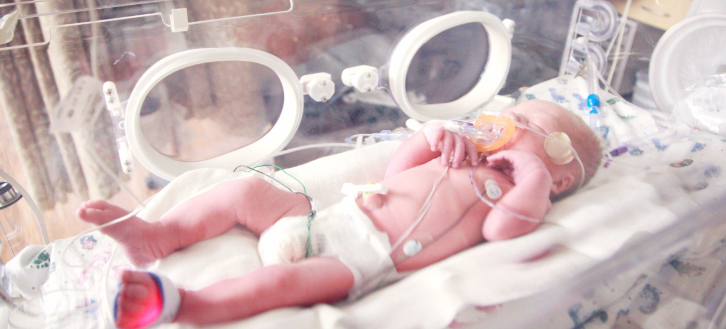Photo Credit: Bank215
Results from the GLORIOUS trial indicated that exenatide did not decrease mortality or severe organ injury among patients who underwent cardiopulmonary bypass-assisted coronary artery bypass grafting (CABG) and/or aortic valve replacement.
Dr. Sebastian Wiberg, MD, PhD, from the Rigshospitalet Copenhagen University, in Denmark, and his team tested the applicability of the glucagon-like peptide-1 (GLP-1) agonist exenatide in patients who underwent cardiopulmonary bypass-assisted CABG and/or aortic valve replacement1. The researchers hypothesized that a perioperative 6 hour and 15 minutes infusion of 17.4 μg of exenatide, initiated after anesthesia, but before surgery, would reduce mortality and organ injury compared with a placebo. The GLORIOUS trial (NCT02673931) randomly assigned 1,389 participants 1:1 to exenatide or a placebo. The primary endpoint was a composite of death, stroke, renal failure, and heart failure.
After a median follow-up of 5.9 years, no effect was observed in the ‘time to first occurring composite endpoint’ (HR 1.0; 95% CI 0.83–1.30; P=0.80). Likewise, the investigators did not see any differences between the study arms concerning AEs. “In the subgroup analysis, we did see that patients with ‘known stroke’ may benefit from exenatide,” mentioned Dr. Wiberg. “This is, however, only hypothesis-generating data.”
“We are currently enrolling 1,200 patients undergoing cardiopulmonary bypass-assisted heart surgery to four different interventions in the GLORIOUS II trial,” Dr. Wiberg concluded in his talk.
Medical writing support was provided by Robert van den Heuvel.
Copyright ©2024 Medicom Medical Publishers




















Create Post
Twitter/X Preview
Logout